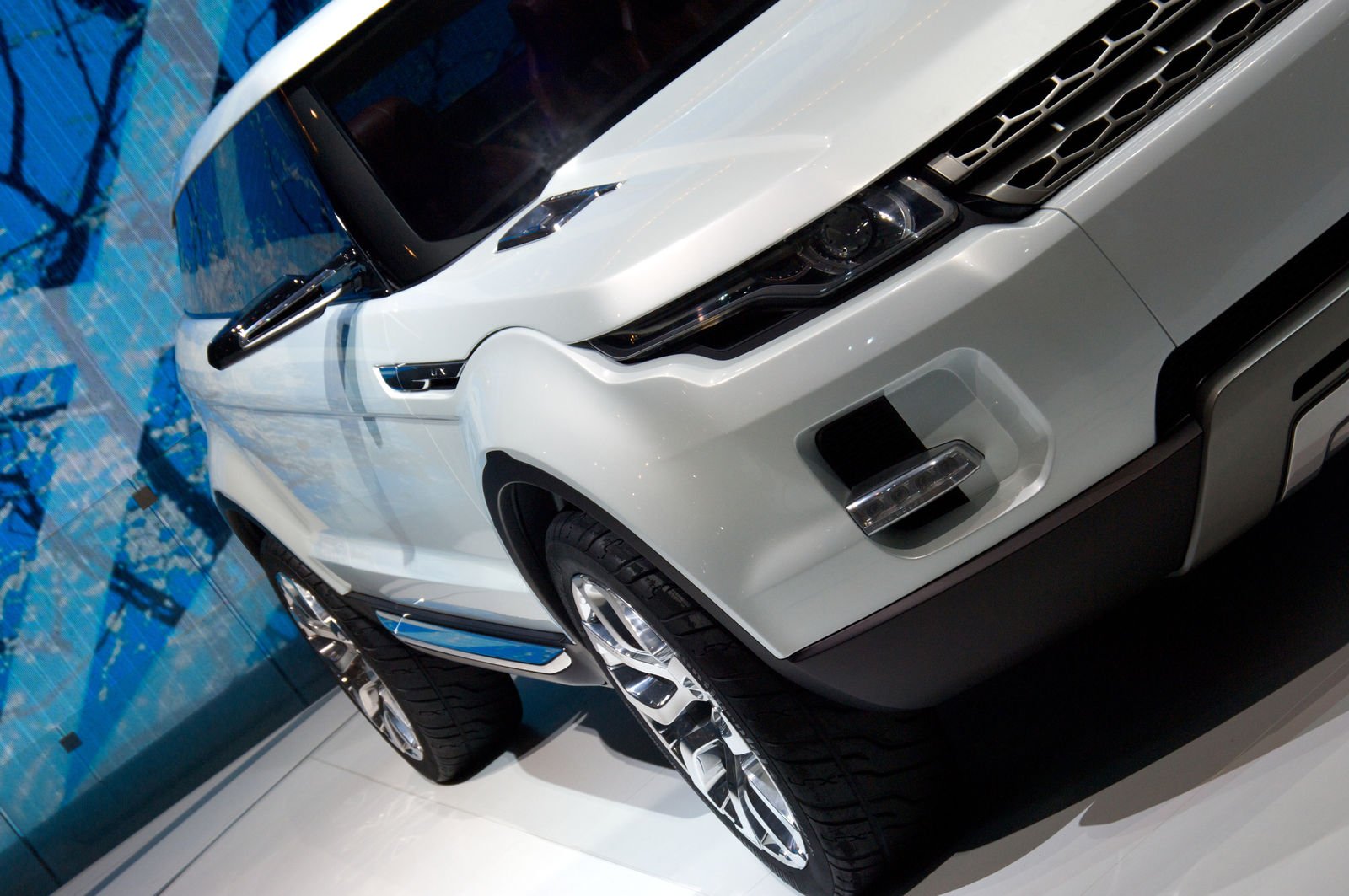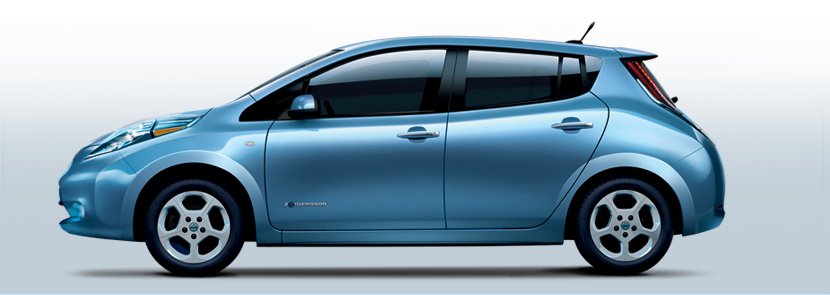Cheap Insurance for Turbo Cars in 2026
Car insurance for turbo cars may have higher rates due to the speed and risk associated with the engine. Car insurance rates for turbo vehicles also depend on model, driver, and location. Learn more here.
Read more Secured with SHA-256 Encryption





Table of Contents
Table of Contents


Insurance and Finance Expert
Laura Gunn is a former teacher who uses her passion for writing and learning to help others make the best decisions regarding finance and insurance. After stepping away from the classroom, Laura used her skills to write across many different industries including insurance, finance, real estate, home improvement, and healthcare. Her experience in various industries has helped develop both her ...
Laura Gunn


Licensed Insurance Agent
Daniel Walker graduated with a BS in Administrative Management in 2005 and has run his family’s insurance agency, FCI Agency, for over 15 years (BBB A+). He is licensed as an insurance agent to write property and casualty insurance, including home, life, auto, umbrella, and dwelling fire insurance. He’s also been featured on sites like Reviews.com and Safeco. To ensure our content is accura...
Daniel Walker
Updated May 2024
- While there is a long list of turbo-charged cars that are classified as private passenger cars, they can still be considered a specialty risk
- To fully understand why your insurance is going to be more costly when you buy a car with a stock turbo engine, you will need to learn what factors will affect your own unique premiums
- Crash test ratings and structural design are not the only details that are going to really raise your premiums
If you have a need for speed, a turbocharged engine is probably on your must-have list as you shop for a new car.
While several other features and amenities might matter to you, the single most important factor that will be considered by an insurance company when determining your premiums is the fact that the car has the ability to go from 0 to 60 in just seconds.
This fact alone is enough to raise risk and ultimately raise premiums for vehicle owners who have a passion for turbo cars. However, there are a number of factors that will determine what your price range will be for coverage. We’ll cover some of them below.
Start comparing car insurance rates now by using our FREE tool below.
Why Vehicle Type Matters
While there is a long list of turbocharged cars that are classified as private passenger cars, they can still be considered a specialty risk to many of the leading insurers selling products in the personal insurance marketplace.
Since not all carriers are willing to take on high-risk applicants, finding a company that is willing to cover your turbo car might be a bit more challenging than you might expect.
To fully understand why your insurance is going to be more costly when you buy a car with a stock turbo engine or a turbo modification you will need to learn what factors will affect your own unique premiums. The Insurance Information Institute has plenty of resources for this purpose.
Demographic factors are considered, like your age and gender, as well as your driving habits and record.
In addition to considering those habits and the demographics that can make you more of a risk, is the type of vehicle that you drive. Vehicles that focus on maximum performance are often seen as high-risk because the cost to repair them is on average higher than a base model of the same type.
Free Insurance Comparison
Compare Quotes From Top Companies and Save
Secured with SHA-256 Encryption
Which vehicle details affect your premiums?
Some consumers assume that the primary factor that an insurer will consider when they are trying to assign a premium to a specific car is value.
While a car’s worth might be considered for a specialty stated value plan, the MSRP of the vehicle is not what insurers base premiums off of. Instead of considering value, the carrier will consider safety ratings, accident statistics, and average repair costs.
If a car has a high risk of death or serious injury when there is a major collision, the rates for that car will be higher than the average car.
One of the first factors that will be considered is crash-worthiness. In line with this factor is vehicle structural design, which is based on the car’s ability to absorb the force from a crash to protect vehicle occupants.
If there are larger crush zones, rates for personal injury protection and medical payments will be higher.
Crash-test ratings and structural design are not the only details that are going to really raise your premiums.
Here are some other safety features and other vehicle features that will affect rates:
- Vehicle size
- Vehicle weight
- Restraint systems
- Anti-lock brakes
- Daytime running lights
- Claims statistics
- On the road experience
- Primary demographic that drives the vehicle
- Modifications or high-performance features that make the vehicle dangerous
Why does a turbo engine make a vehicle riskier?
A turbo engine is a supercharged engine that produces more power and gives the driver the ability to go faster in a shorter amount of time.
To produce more power, the turbo-driven engine is spinning between 100,000 and 200,000 revolutions per minute.
Compared to the normal non-torque and non-turbo engine that spins at 2500 rpm, this can be a lot for drivers who are inexperienced to handle.
Insurance companies are not concerned about the fact that a turbocharged engine is much more likely to break down. This is because wear and tear and breakdowns are not covered by an auto insurance policy.
What the carrier is concerned about is that a car that is able to travel at high speeds and speed increases the likelihood of a crash.
Since it is more likely that someone behind the wheel of a supercharged vehicle will suffer a crash, rates are higher. This might not mean that you will be guilty of speeding because your car is capable of it, but the statistics show that many drivers do.
Since carriers can only trust the statistics, carriers will either decline a car with a turbo engine or charge exorbitant rates.
Tips On Finding Turbo Car Insurance
Now that you know what makes insuring a car with a turbocharged engine challenging, it is time to learn what steps you need to take to find insurance.
Finding coverage for a car with a turbo modification might be difficult because of the exclusions that are written into standard policies.
Some may accept a turbo engine, and others may want to assess the horsepower and its power before even considering the modification.
Free Insurance Comparison
Compare Quotes From Top Companies and Save
Secured with SHA-256 Encryption
Review Underwriting Guidelines For Turbo Insurance
Many companies will decline sports cars with an engine that spins at 500 horsepower or more.
This is why you need to review the underwriting guidelines of the biggest companies before getting quotes.
You can find these guidelines online or by contacting companies directly.
You may also want to check the forums for vehicle owners of high-performance cars to be directed to companies that they have found will insure their risky cars.
Compare Car Rates Before You Make a Modification
If you already own a car and you are thinking about having an aftermarket turbo kit installed, you should start to compare rates before you take the plunge.
Driving a powerful engine that growls may be what makes your day, but paying your insurance bill could really take away from that happiness. Whether you need insurance for stock cars with turbo
If you do not do a rate comparison before you buy a turbo car or before you get the kit installed, you could own a car that you just cannot afford to continuously insure.
The best way to compare insurance rates for cars with stock turbo and even for standard cars is to use a rate comparison tool.
By using this web-based type of tool that connects you to premiums through several different carriers, you can determine if you are willing to pay a turbo-charged premium for your turbocharged vehicle.
Web comparison tools will show you instant and personalized quotes to some of the leading companies that serve your ZIP code.
Start comparing car insurance rates now by entering your ZIP code in our FREE tool below.

Frequently Asked Questions
Are insurance rates higher for turbocharged vehicles compared to non-turbocharged vehicles?
In general, insurance rates for turbocharged vehicles tend to be higher than those for non-turbocharged vehicles. The increased performance and speed potential of turbocharged cars often lead to higher insurance premiums.
Why are insurance rates higher for turbocharged vehicles?
Turbocharged vehicles have higher performance capabilities, which can increase the risk of accidents. Insurers consider factors such as the vehicle’s horsepower, acceleration, and speed potential when determining premiums. Turbocharged vehicles are typically associated with higher repair costs as well, as specialized parts may be required.
Are there any factors that can lower insurance rates for turbocharged vehicles?
Yes, there are certain factors that can help lower insurance rates for turbocharged vehicles. These factors may include the driver’s age and driving record, the specific make and model of the vehicle, safety features, and the vehicle’s intended use
Is it possible to find affordable insurance for turbocharged vehicles?
While insurance rates for turbocharged vehicles are generally higher, it is still possible to find affordable insurance options. Comparing quotes from multiple insurance providers is a good strategy to find the best rates. Additionally, maintaining a clean driving record, taking advantage of available discounts, and considering higher deductibles can also help reduce premiums.
What are the pros of insuring a turbocharged vehicle?
- Enhanced performance: Turbocharged vehicles provide increased power and acceleration, which can be enjoyable for driving enthusiasts.
- Advanced features: Turbocharged vehicles often come equipped with advanced safety features and technology, which can contribute to safer driving experiences.
- Resale value: Turbocharged vehicles, especially high-performance models, tend to retain their value well, which can be advantageous for insurance purposes.
What are the cons of insuring a turbocharged vehicle?
- Higher premiums: Insurance rates for turbocharged vehicles are generally higher due to the increased risk and potential for higher repair costs.
- Expensive repairs: If any damage or repairs are required, turbocharged vehicles can be more costly to fix due to their specialized parts and technology.
- Increased risk: The higher performance capabilities of turbocharged vehicles can lead to a greater risk of accidents or incidents on the road.
Get a FREE Quote in Minutes
Insurance rates change constantly — we help you stay ahead by making it easy to compare top options and save.




